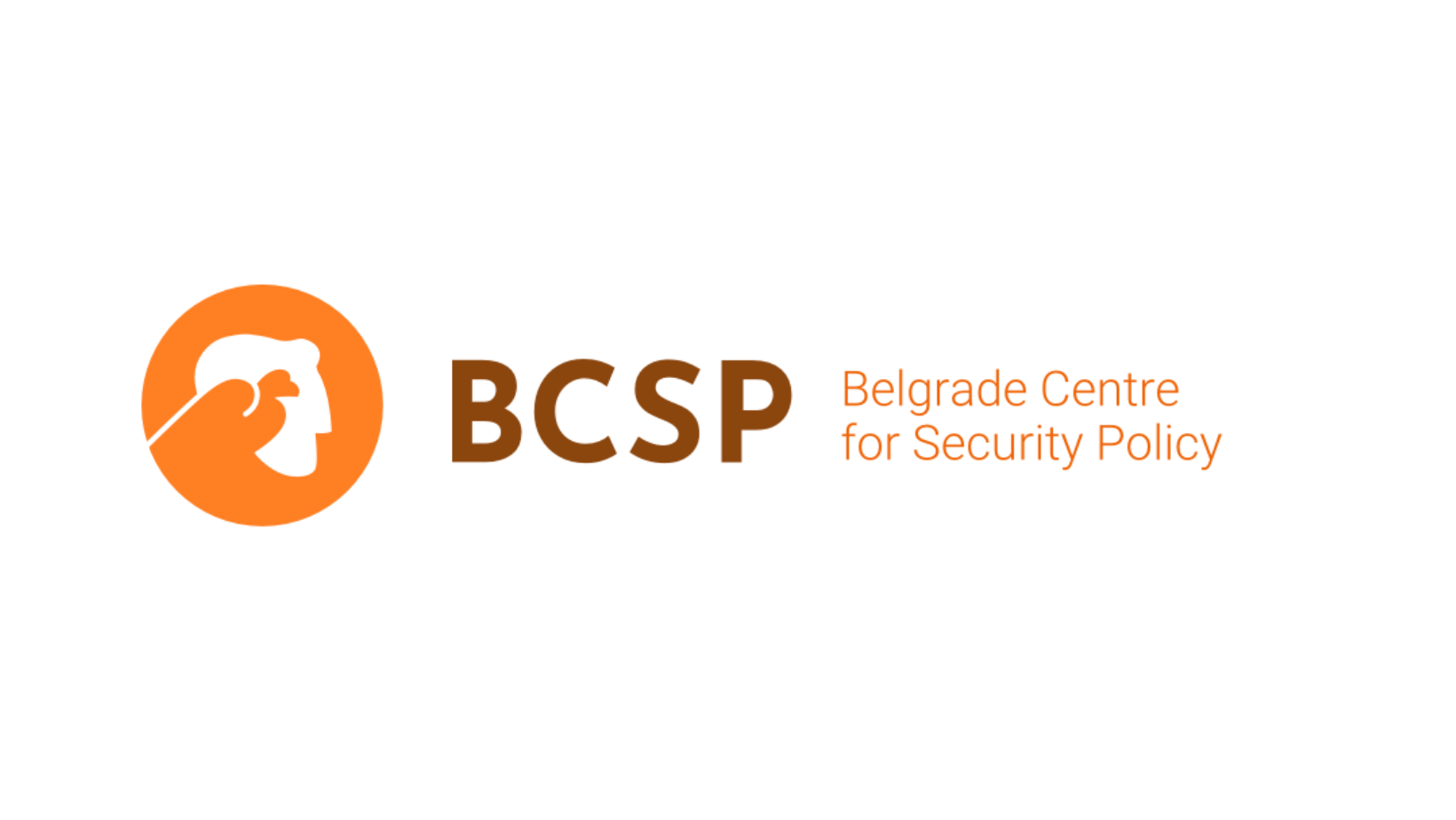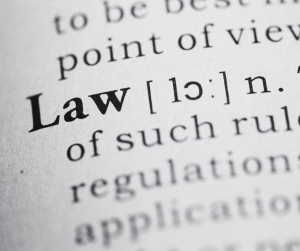Last week, we issued an appeal expressing deep concern over the violent repression of student-led protests in Serbia. The appeal has already been signed by over 50 organizations worldwide, including human rights groups, academic institutions, and civil society networks, demonstrating broad international solidarity with students, activists, and scholars who are under increasing pressure.
The statement condemns the excessive and unlawful use of force against peaceful demonstrators, including the deployment of an unidentified sonic device that triggered mass panic, injuries, and widespread psychological distress. The deliberate use of such tactics to instill fear and confusion constitutes a violation of fundamental human rights, including the right to peaceful assembly, the right to physical integrity, and ultimately, the right to life. The targeting of students and activists exercising their democratic rights is an alarming indicator of shrinking civic space and increasing state repression.
Beyond the violence at the protests, the appeal highlights a broader campaign of intimidation against civil society and academia in Serbia. Over the past weeks, activists and organizations have faced threats, public smears, and even police raids—efforts clearly aimed at silencing dissent and discouraging critique. These developments fit into a worrying regional and global pattern in which authoritarian-leaning governments seek to weaken independent institutions and suppress civic engagement through fear and coercion.
The student protests, which have been ongoing for four months, emerged in response to the tragic collapse of a canopy at the Novi Sad railway station, an entirely preventable disaster that claimed 16 lives. This incident has become a symbol of the consequences of systemic corruption, institutional negligence, and the absence of accountability. Students and activists have united to demand justice, transparency, and responsible governance, recognizing that these are not isolated failures but symptoms of a broader political and institutional crisis. Instead of addressing these legitimate concerns, Serbian authorities have responded with violence and repression, further deepening public distrust.
We call upon Serbian authorities to conduct an immediate and transparent investigation into the events of the protest, to hold those responsible for the use of unlawful tactics accountable, and to ensure the safety of all those exercising their fundamental rights. We also demand the immediate release of activists who have been unjustly detained due to their civic engagement. Furthermore, we urge international human rights bodies, European institutions, and democratic governments to closely monitor the situation and pressure Serbian authorities to uphold their obligations under international law.
If you would like to show your support or add your organization’s name to the list of signatories, please follow this link.
List of Organizations in Support of the Appeal
The following organizations have signed the appeal in solidarity with Serbian academia, civil society actors, and student-led protests. Their support underscores the urgent need to protect fundamental rights, democratic freedoms, and the rule of law in Serbia.
| Civil Rights Defenders, Sweden | Accountability Lab, Nigeria |
| Coal-free Finland, Finland | EGMONT – The Royal Institute for International Relations, Belgium |
| National Network to End Domestic Violence (NNEDV), the USA | Pink Armenia, Armenia |
| Zdravo da ste, Banja Luka, Bosnia and Herzegovina | BH Journalists association, Bosnia and Herzegovina |
| Institute for International Assistance and Solidarity (IFIAS),Belgium | Tetovo Info, North Macedonia |
| Sarajevo Open Centre, Bosnia and Herzegovina | Kosovo Women’s Network (KWN), Kosovo |
| SOLIDAR | Public Association “Dignity” |
| Human Rights House Zagreb, Croatia | Reactor – Research in Action, North Macedonia |
| Youth Initiative for Human Rights (YIHR), Montenegro | Osservatorio Balcani e Caucaso Transeuropa (OBCT), Italy |
| Sofia Bar Association (SBA), Bulgaria | Rafto Foundation for Human Rights, Norway |
| Beyond Fossil Fuels | Sapari, Georgia |
| Rinascimento Green, Italy | Republikon Institute, Hungary |
| European Policy Centre (EPC), Belgium | Human Rights Centre ZMINA, Ukraine |
| People Powered, the USA | Documenta – Center for Dealing with the Past, Croatia |
| The Good Lobby, Belgium | Helsinki Citizens’ Assembly Banjaluka, Bosnia and Herzegovina |
| Cooperation and Development Institute (CDI), Albania | Gentium, Spain |
| European Partnership for Democracy (EPD) | Access Info Europe, Spain |
| Institute for Democracy and Mediation (IDM), Albania | Centrul FILIA, Spain |
| Balkan Civil Society Development Network (BCSDN), North Macedonia | International Partnership for Human Rights (IPHR), Belgium |
| International Institute for Peace (IIP), Austria | Stop Corruption Foundation, Slovakia |
| University of Twente (UT), Netherlands | Hungarian Helsinki Committee (HHC), Hungary |
| European Capital of Democracy (ECoD NPO) | Bulgarian Helsinki Committee, Bulgaria |
| Index on Censorship, United Kingdom | Bir Duino Kyrgyzstan (BDK), Kyrgyzstan |
| Democracy Reporting International, Germany | Human Rights Center of Azerbaijan, Azerbaijan |
| Participedia, Canada | Yaroslav Mudryi National Law University, Ukraine |
| Democratic Society | Civil Society Europe (CSE), Belgium |
| Active Inquiry, United Kingdom | Irídia – Center of Defense of Human Rights, Spain |
| DemocracyNext, Netherlands | Center for Policies and Reforms (CPR), Moldova |
| São Paulo State University (UNESP), Brasil | Delibera Brasil, Brasil |
| Center for Science and Innovation for Development (SCiDEV),
Albania |



